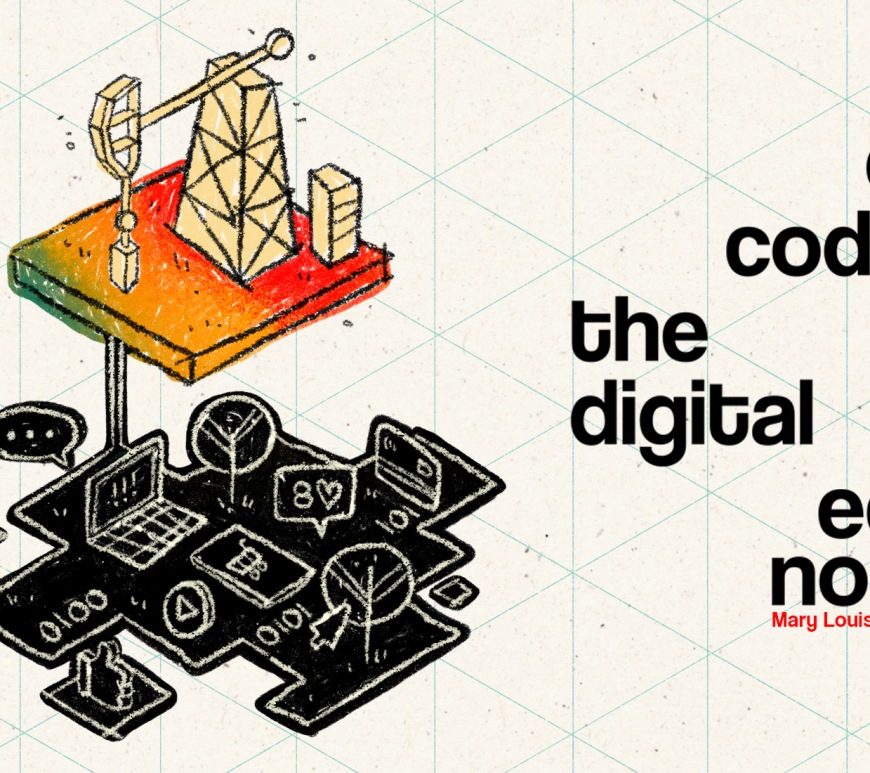
Decoding the digital economy
by Mary Louise Malig Read the publication in full here Content:IntroductionScope of the Digital EconomyThe Platform EconomyThe Value of DataThe Technology of the Digital WorldPreliminary conclusions and Afterthoughts Introduction Have you ever taken a ride in an Uber or Lyft? Do you have a room or apartment that you have registered as a place to rent out on AirBnB? Have you ever bought and downloaded … Continue reading Decoding the digital economy
















You must be logged in to post a comment.